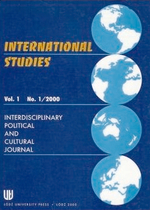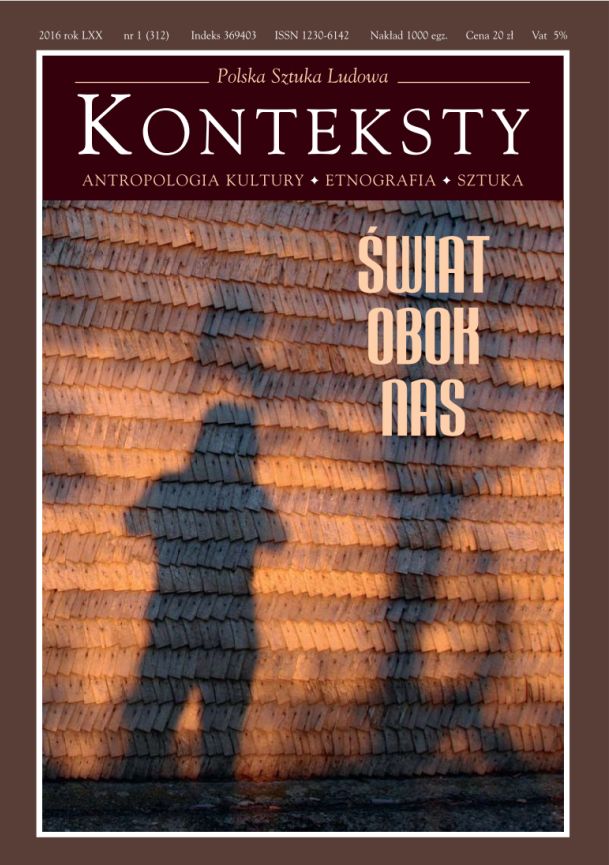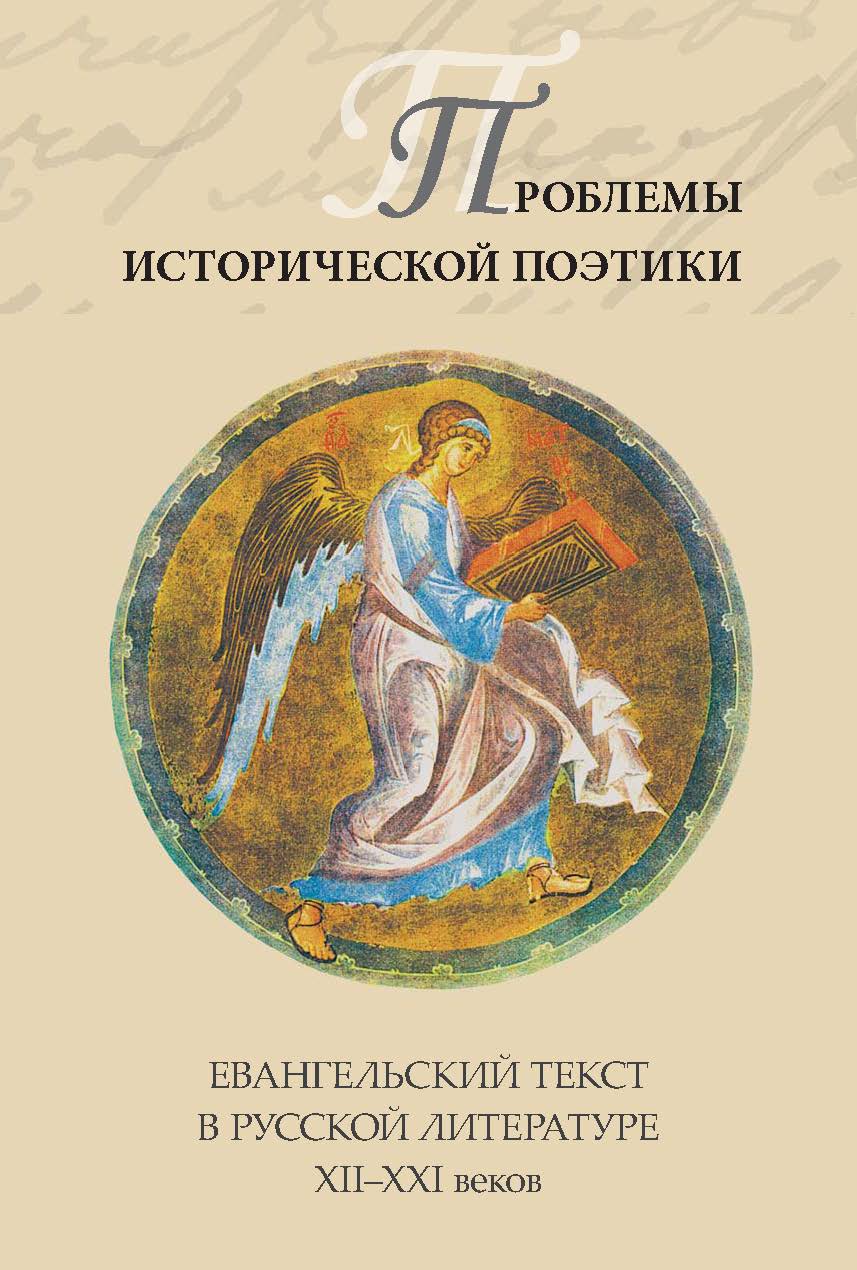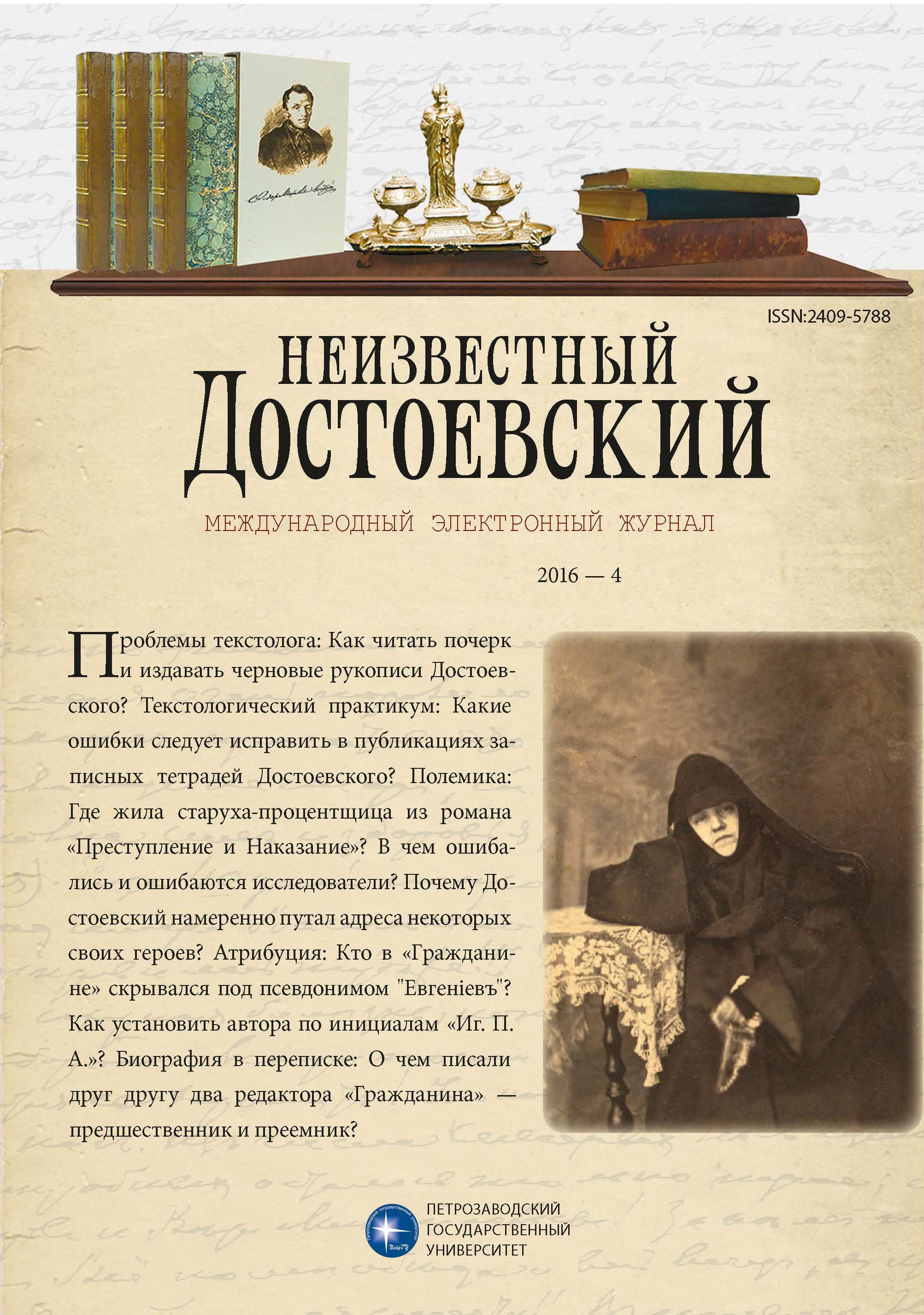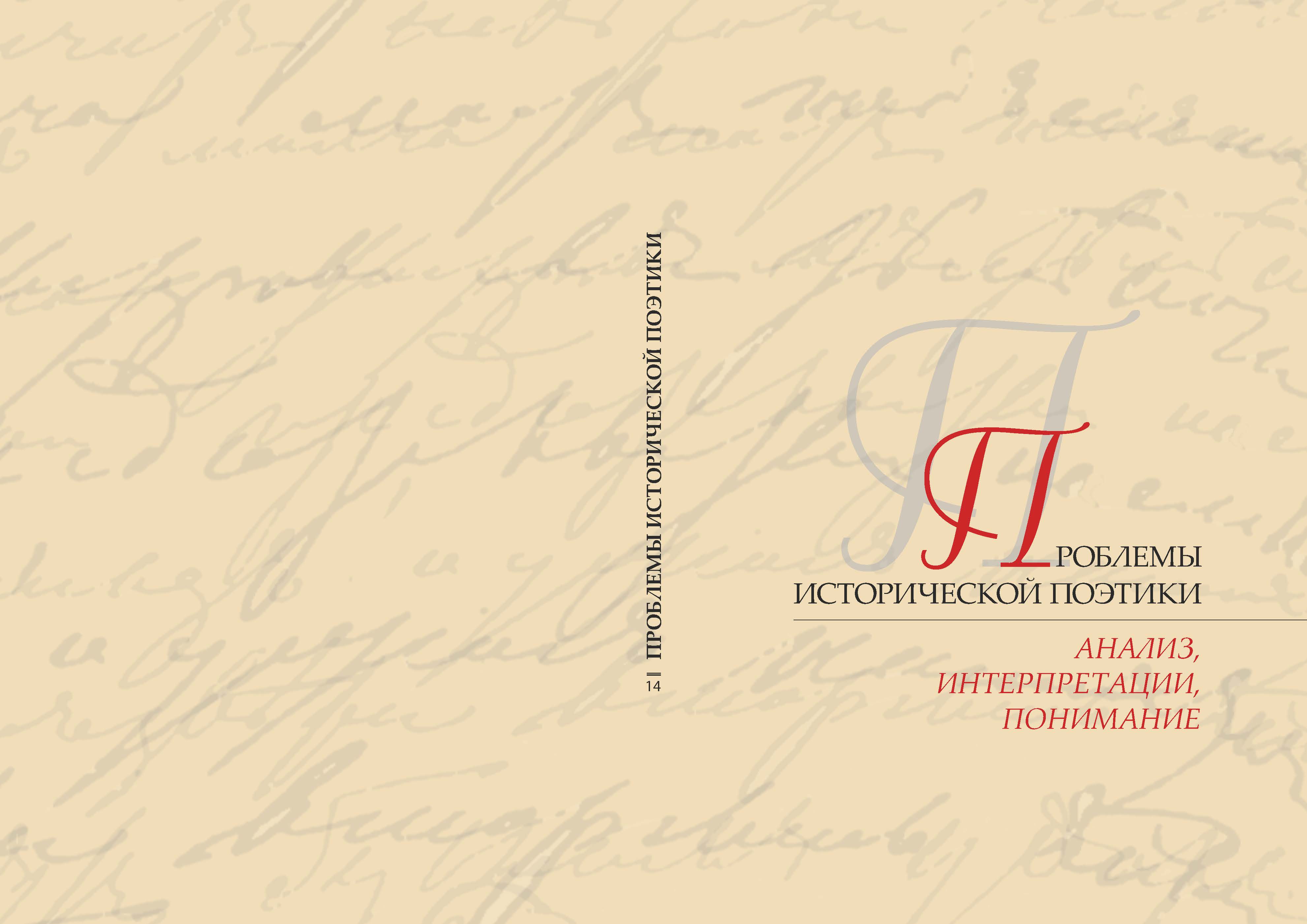Kosa posvuda: bolest kroz proces semioze
This paper depicts and deconstructs the process of identity formation through the metonymic represent of the body in the The Hair is Everywhere by Tea Tulić. It is a work of fiction with strong autobiographical elements and also marked by formal features that make this text extremely complex to define in matters of genre. Some of the important issues that this paper raises are the influence of the intimate and the public in the process of subject construction and the interconnectedness of the illness of the body and the illness of macrosocial and microsocial structures. Additional issues of special importance are institutional structures and female part of the family structure which is disturbed by the illness of its member.
More...
